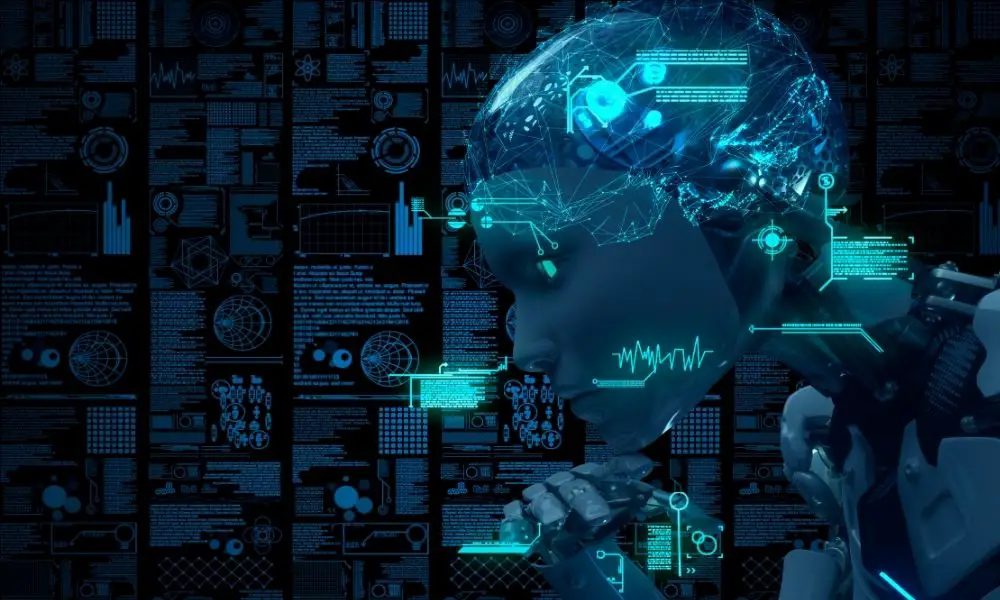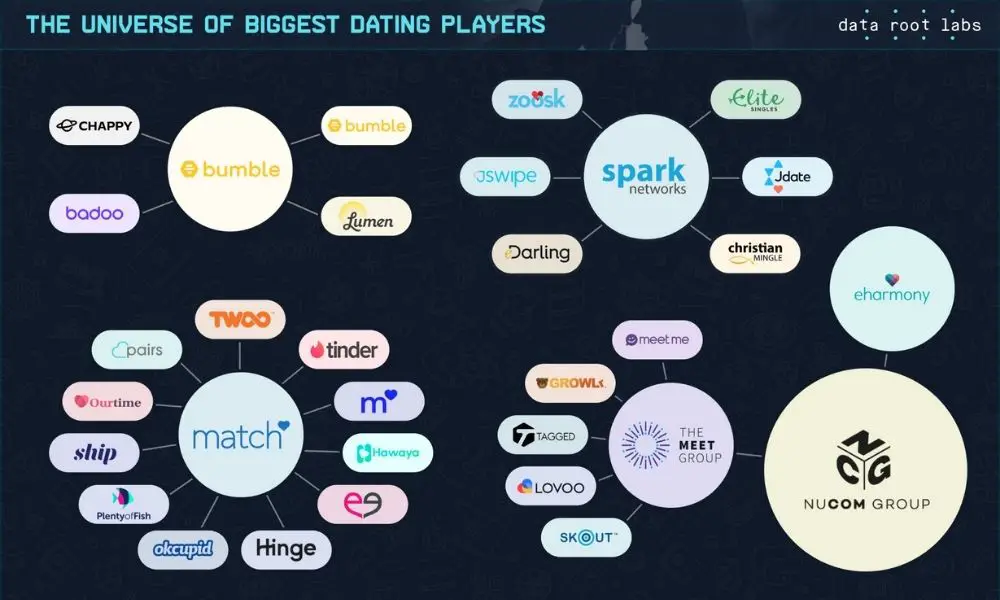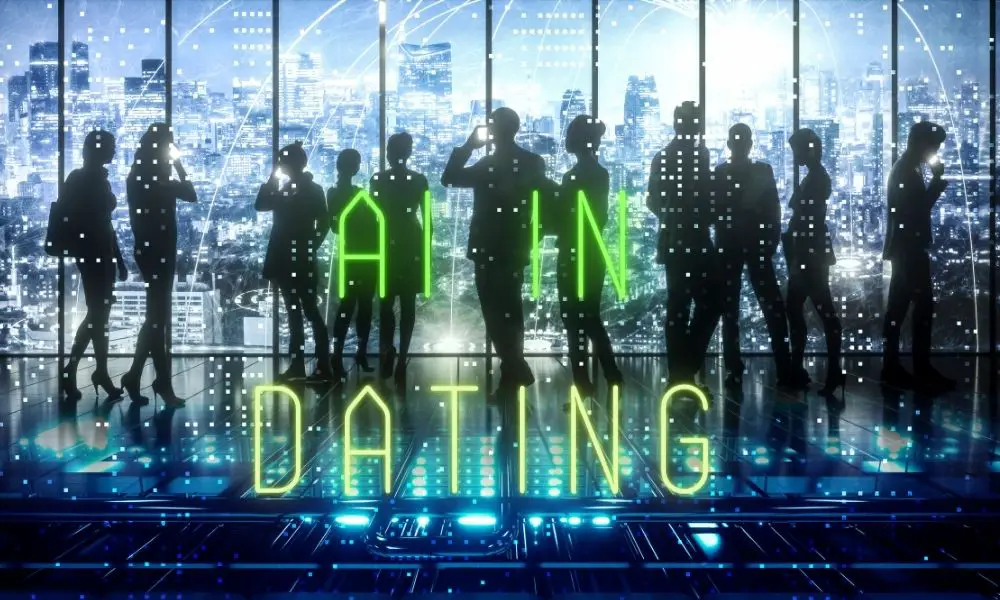Do you remember those days of romance, meeting people offline, falling in love, and building relationships offline? Those days are almost gone because we live in the era of high technologies, and digital transformation has addressed personal life too. Online dating is the new normal connecting millions of hearts around the globe.
Why are dating apps so popular?
In the fast-paced reality having a broad candidate pool and speed on finding your match sounds cool for people who feel more comfortable chatting online. Dating apps are now opening up new opportunities, especially in times of social distancing and lockdown.
Dating apps have been around for several years, but they mostly worked on random suggestions and matches that ended up with no matching or relying on real-time dates. To cut the fatigue of searching through photos and profiles, dating apps are now using artificial intelligence as a technology to predict and create matches effectively.
So, how automation works and creates matches?
Is AI a better matchmaker than a human?
If you want to know how to make a dating app on AI, let’s get deeper into the topic and understand the logic of AI for creating the best matches.
AI Innovation in the Dating Apps Market
The global dating apps market, considered one of the dominating segments, is predicted to surpass $8.4 billion by 2024. The market is segmented by age (18-25, 26-34, 35-50 and above 50), gender, region, and company. Based on age, the dominating age break is 18-25. Dating apps are dominating among millennials who are already deeply involved with digital technologies. 48% of the users are looking for fun on dating apps, 41% are looking for friends, 19% are looking for a partner, and only 13% are using dating apps to hook up.

Why Might AI Matchmaking Be Better Than a Person at Matchmaking?
Trusting artificial intelligence to determine your future may be frustrating. To make things clear, let’s understand the main differences between humans and machines when it comes to matchmaking (or choosing a partner).
| Human Factors | AI Factors |
|---|---|
| Using personal networks of friends and family to find potential matches. The choice is limited. Personal network matchmaking is about pre-screened matches. Face-to-face meeting and first impressions. | Convenience and speed in making matches without oversight. A vast pool of candidates with intelligent matching algorithms Relying on algorithms may lead to ignoring other great matches. If given fake personal information, the matches will be irrelevant. |
The dramatic rise in the segment is predetermined by smart mobile technology implementations like artificial intelligence. The technology is used to drive better productivity and create a totally new user experience.
1. Relevant Matches
Unlike previous generation dating apps, the ones based on AI take the users’ profile data and proceed through machine learning algorithms to learn the behavior and generate relevant matches. Simply put, AI technology takes all the data of registered users, analyzes preferences, and filters those accounts with similar preferences.
It works on filtering personality traits, music preferences, beliefs, etc. The more information you provide about yourself, the more accurate the algorithm will work. Moreover, the more you use the app, the better it will understand you and give you perfect matches.
2. Fraud Detection
The main goal of any app is to make the user have a seamless experience and bring him to the decision to upgrade to the premium version. Mobile apps predominantly suffer from fraud, but artificial intelligence is a great trick to detect hidden patterns and suspicious activity. The algorithms filter fake and duplicate profiles, block them and fight scamming.
3. Minimized Uncensored Content
Controlling all the users’ activity is almost impossible. Some may not play by the rules and use abusive content, stalking, or advertising. The technology filters unsolicited content to create a safe platform for users. AI also confirms that uploaded photos are real and not overly altered.
4. NLP for Face-to-Face Dates
While other apps don’t have access to personal messages and chats, dating apps based on AI technology analyze messages to determine the compatibility of pairs and suggest a perfect time for an offline date. For a more advanced user experience, the dating app starts analyzing the user’s voice and offers a phone call with the best match. The app will act as a coach through a first call and relationship up to the first date.
5. DNA Matching
Though it sounds crazy, present-day dating apps work on creating DNA matching. How does it work? The user’s DNA is analyzed and matched with the most suitable person (from a scientific point of view). The field is yet not explored, but it has a great potential to take dating apps to a whole new level.
AI Helpers in Dating Apps: Chatbots
We are already using chatbots and virtual assistants, if not every day than every other day on social media, to get access to smartphone functions while driving, cooking, or elsewhere. The sci-fi scenes where heroes talk to a machine and get responses just like a human are a reality, and the more it gets the information, the more humanized it sounds.
In dating apps, a chatbot is another tool to get maximal information about a user’s preferences through leading questions. Computerized reasoning and AI may build long dialogues, and at first sight, it may even seem that there is a human on the other side. Chatbots on dating apps are more of a marketing integration agent, a “person” who introduces the advantages and features of the app to the user.
See Also: Advantages of Flutter: Is It Good for Mobile App Development?
Key Players in Online Dating Industry and Their M&A Activity
The market of online dating apps is divided among the key players that have multiple apps and platforms. The dominating names of the industry are Match Group, The Meet Group (part of global NuCom Group), Spark Networks, and Bumble.

The picture of dating apps’ popularity dramatically changes from country to country. Therefore, the revenue generated in any of the locations may also differ.
| Country | User Penetration |
|---|---|
| United States | 18.4% |
| United Kingdom | 16.9% |
| Belgium | 15.9% |
| Netherlands | 15.8% |
| Luxemburg | 15.1% |
| Country | Revenue |
|---|---|
| United States | $1.43 billion |
| India | $1.28 billion |
| China | $1.07 billion |
| Japan | $272 million |
| United Kingdom | $232 million |
Among more than 1500 online dating apps, there are top 10 names that generate millions of dollars of revenue annually. The most popular app is so far Tinder, with over 7.86 million active users worldwide. Tinder has attracted millions of users through its interactive and fun way of swiping and getting matches. And people loved the new approach. Artificial intelligence is smarter than swiping, and if you are thinking about creating a dating app on AI, it should be not only innovative but attractive and interactive.
One last piece of news from the industry. Recently Facebook has announced the new function of creating a dating profile on Facebook. Considering the number of active users of the platform (1.88 billion worldwide), Facebook may become one of the leading names in the segment. With so much personal data, like interests, preferences, locations, and mutual friends, the application will have the most accurate matching algorithm. Unlike other apps with monthly subscriptions, Facebook’s new service is supposed to be free of charge.
See Also: How Do I Find and Recruit iOS Developers?
Outlook and Remaining Challenges
Mobile technologies are evolving and will soon change the user experience on the digital platform. Today the dating apps use only half of the potential of AI technology like analyzing and automating data. The future of dating apps and AI is to work on challenges users still face daily. Regardless of security systems, users still report unsolicited content and unwanted attention. Privacy and user safety remain the weakest point of similar apps because the users are free to add fake information and cheat machine-learning algorithms.
Another challenge of AI in dating apps is the rapidly changing reality when humans start feeling more comfortable interacting with technology rather than humans. The phenomenon, called “hikikomori” in Japanese, describes a future where robots will partially or wholly replace our partners. Of course, it is just a hypothesis, but who knows. For now, humans remain the final decision-makers in a dating app or outside it.
See Also:
- Trusted Sites Like Tinder for PC
- Best Chat Room Apps to Make Friends Around the World
- Why Mobile Apps Are Important in Modern Business Environment
Conclusion
Mobile technologies are the future, and we do love intelligent solutions that bring creative problem solving and decision-making. According to experts, by 2040, 70% of couples will initially meet online (in 2017, it was only 24%). Dating apps are the future, and it is worth considering the segment as a good investment. Your project on how to create a dating app based on AI may become a second Tinder or Bumble.
I am a technology writer and Product manager at Addevice, a mobile app development company. I’m a content enthusiast who keeps a tab on most sites that take this niche to the next level.





















